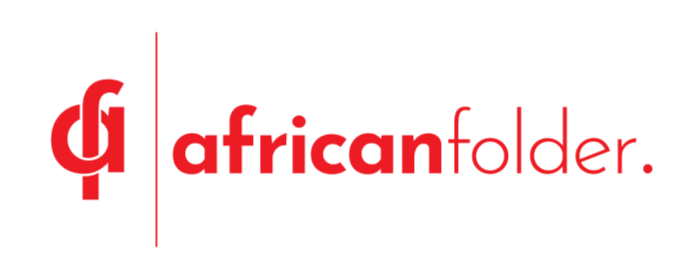Nigerian on-demand delivery service, Chowdeck, just closed a seed round of funding at $2.5 million. Hence, the customer base is expected to go up and the company is optimistic about making more sales to date.
On the other hand, we have founders who are confident in their products such as FounderX Ventures, True Culture Funds, Hoaq Fund, Levare Ventures, Haleakala Ventures, YCombinationator, Goodwater Capital, and main investors that include Ayo Arikawe, the co-founder and CTO of Thrive Agric; Shola Akinlade, the CEO and co-founder of Paystack; Ezra Olubi, co-founder and chief technology officer of Paystack; Sudeep Ramani, founder of Sportybet; and Karthik Ramakrishnan (Amazon) were among those who supported Chowdeck
In 2021, when Femi Aluko, CEO and co-founder of Chowdeck, went to Dubai, she noticed the fantastic service being offered by food delivery services, which made her come up with the idea of launching her own company. In just the last six months within these last two years, Chowdeck has spotted 200,000 new uses, making its total population of users 500,000 which are spread in 8 Nigerian cities.
Establishing vendor partnerships with giants like Shoprite and Chicken Republic, providing the company with the necessary entry point to its target market, has been a pillar of its user acquisition strategy. Indeed, Chowdeck has leveraged these agreements and through that it has further strengthened its competitive advantages. It is the intention of the company which is planning to raise the funds to provide opportunities to attract more customers by expanding its operations to more cities in Nigeria by 2024.
Aluko emphasized the company’s dedication to delivering exceptional experiences for customers, vendors, and riders, stating, “We know that Nigerians love good food, and we just want to make it as easy as possible for them to access the food they desire. Chowdeck was birthed to fulfil this purpose, and we are committed to delivering truly excellent experiences for our customers, vendors, and riders.”
Despite the promising growth in Nigeria’s online food delivery market, players face significant challenges including fuel scarcity, poor road infrastructure, and heavy urban traffic. Nonetheless, Chowdeck has managed to distinguish itself through its focus on sustainable unit economics and operational efficiency.
Aluko pointed out that Chowdeck’s higher delivery charges, compared to competitors who often subsidize fees, ensure profitability on every transaction. Additionally, the company’s hyperlocal model has enabled it to achieve an average delivery time of just 30 minutes, contributing to its popularity among users.
Chowdeck’s impressive growth, processing 14,000 deliveries daily with a year-on-year growth rate of 1,000%, has not been without its hurdles. Partner restaurants must scale operations to meet increasing demand, a challenge compounded by limited access to small business financing in Nigeria.
Regarding rider compensation, Chowdeck has attracted attention for its generous payment structure, with some riders earning up to ₦400,000 ($343) monthly, significantly higher than the national minimum wage. Aluko affirmed that this approach is sustainable, as rider pay is aligned with delivery fees, reflecting the company’s commitment to profitable unit economics.
“We charge customers what we think a delivery is worth and pay riders almost the same amount,” Aluko explained, emphasizing Chowdeck’s commitment to sustainability and equitable compensation within its ecosystem.















